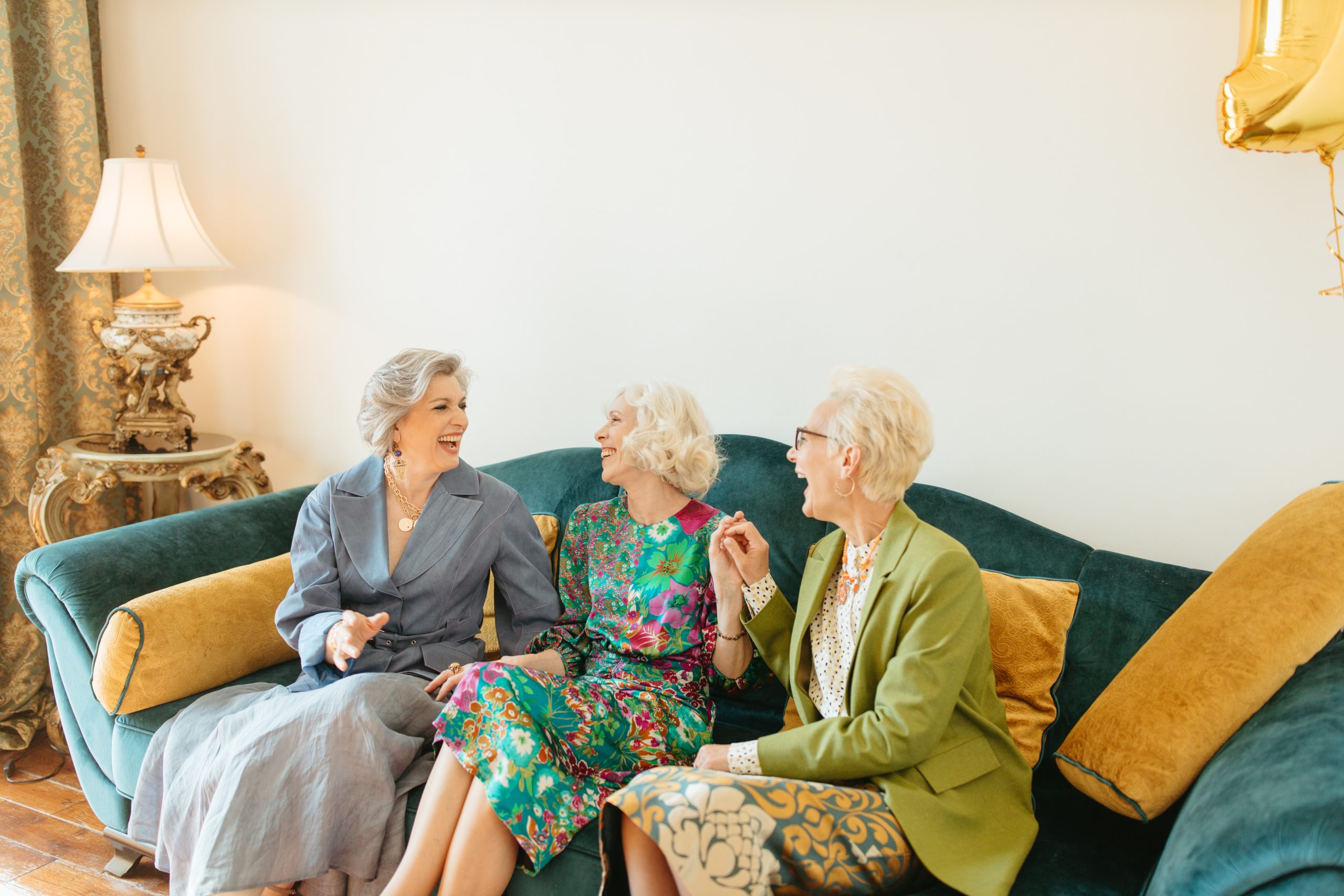The Role of Guardianship in Elder Law: When and How to Make Decisions for Aging Loved Ones

The image is not directly related to the article. It merely symbolizes the life of elderly people.
What is the role of guardianship in elder law?
When should guardianship be considered for aging loved ones?
Guardianship should be considered when an elderly individual is no longer able to make decisions for themselves due to physical or mental limitations. It is important to assess the situation carefully and consult with legal professionals before pursuing guardianship.
How can decisions be made for aging loved ones without guardianship?
There are alternative options to guardianship, such as power of attorney, advance directives, and healthcare proxies. These legal documents allow individuals to designate someone to make decisions on their behalf in the event they are unable to do so themselves.
What are the responsibilities of a guardian in elder law?
The responsibilities of a guardian include making decisions in the best interest of the elderly individual, managing their finances, overseeing their healthcare needs, and ensuring their overall well-being. Guardians are required to act in accordance with the law and always prioritize the welfare of the person under their care.
The image is not directly related to the article. It merely symbolizes the life of elderly people. What is the role of guardianship in elder law? Guardianship in elder law refers to the legal process of appointing a guardian to make decisions on behalf of an incapacitated or vulnerable elderly individual. This could include decisions…
Recent Posts
- Empowering Caregivers: The Best Online and Offline Resources to Enhance Your Skills
- Traveling with a Purpose: The Rise of Volunteer Vacations
- Breaking Stigma: Dispelling Myths about Mobility Aids and Disability
- Avoiding Probate: How Trusts Can Simplify the Estate Settlement Process
- Senior Citizens Beware: Common Financial Scams and How to Stay Protected

